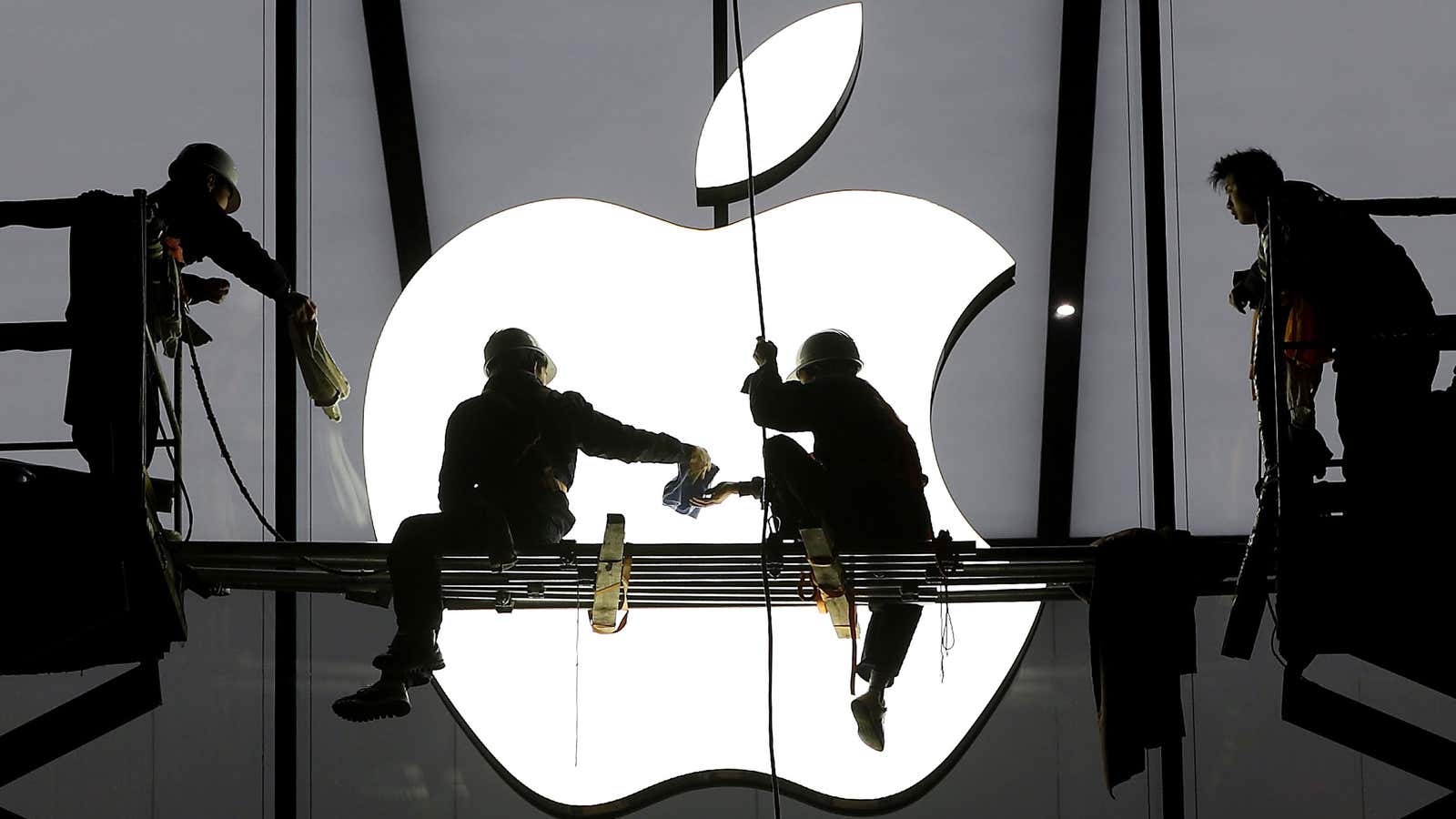Marco Arment, the former lead developer for Tumblr and creator of Instapaper, this weekend (May 21) argued in a blog post that Apple risks succumbing to the same fate as BlackBerry, which saw its business evaporate when Apple’s iPhone changed the game.
Arment contends that Apple is unprepared for the shift if consumers begin favoring services rooted in artificial intelligence being developed by other internet giants.
“Today, Amazon, Facebook, and Google are placing large bets on advanced AI, ubiquitous assistants, and voice interfaces, hoping that these will become the next thing that our devices are for.
If they’re right—and that’s a big ‘if’—I’m worried for Apple.
Today, Apple’s being led properly day-to-day and doing very well overall. But if the landscape shifts to prioritize those big-data AI services, Apple will find itself in a similar position as BlackBerry did almost a decade ago: what they’re able to do, despite being very good at it, won’t be enough anymore, and they won’t be able to catch up.”
Google researchers famously created an artificial intelligence named AlphaGo that earlier this year beat a human champion at the notoriously complex game of Go. The tech company just unveiled at its I/O developer conference a new chat-based intelligent assistant and a related chat app that allows Google Assistant to assist users in their messaging conversations with friends. Facebook has been funding high-level AI research, and applying techniques to the information published and consumed by its more than one billion daily users. And Amazon’s Echo intelligent speaker has become a hit thanks to its advanced voice interface.
Former Facebook executive and venture capitalist Chamath Palihapitiya expanded on Arment’s critique:
To be sure, Apple has been building out the ranks of AI experts on its staff, and deploying voice and assistant services such as Siri and Proactive Suggestions. Apple is rarely first to market in a field, but is often the best when it does show up—it’s possible that AI is no different. But self-imposed limitations on how much user data Apple collects are among the factors that could limit their sophistication relative to the services of competitors.
Uber executive and former Googler Chris Messina echoed some of the concern raised by Arment:
Venture capitalist Marc Andreessen weighed in as well:
In his post, Arment concluded:
“If Google is wrong, and computing continues to be defined by a tightly controlled grid of siloed apps that you poke a thousand times a day on a smooth rectangle of manufacturing excellence, Apple is fine. They’re doing a great job of what computing is today, and what it will probably continue to be for a long time.
But if Google is right, that’s a big problem for Apple.”
